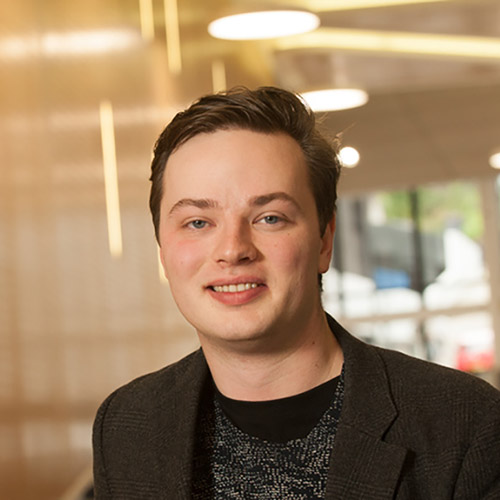
Our subjectsMathematics & statistics degrees
What is mathematics & statistics?
Mathematics is the study of numbers, shapes and patterns, while statistics is the science of collecting and analysing numerical data in large quantities.
Why study mathematics & statistics?
Maths and stats are essential to the world’s economy and are widely used for exciting developments and challenging problems. Studying this topic will help you develop skills in logical thinking, problem-solving and decision-making, which are valued by employers across many diverse sectors.
Why Strathclyde?
Studying at the University of Strathclyde, you'll be learning at an award-winning academic institution - the only to have won Times Higher Education University of the Year twice!
Strathclyde has a reputation of being a friendly place to learn mathematics and statistics. This is one of the key features often mentioned when our teaching is assessed by external organisations, and by our external examiners and visitors to the department. We're interested in the all-round welfare of our students and want them to enjoy their years with us.
Our undergraduate Mathematics degree is accredited by the Institute of Mathematics and its Applications for the purpose of meeting in full the educational requirement for chartered status, while we offer postgraduate courses in specialist areas such as quantitative finance and actuarial science.
Our students

Jessie Sou
I chose this subject because I am sure that this degree will give me a good foundation for my future, and excel in the real world of mathematics.

Morten Nielsen
We don't just focus on pure Mathematics, we're shown how it's applied to solve real life practical problems.

Tran Ha Dung
The Quantitative Finance course has exactly what I was looking for, equipping myself with knowledge in finance, math, computer sciences as well as a quantitative set of skills to become a future quant.